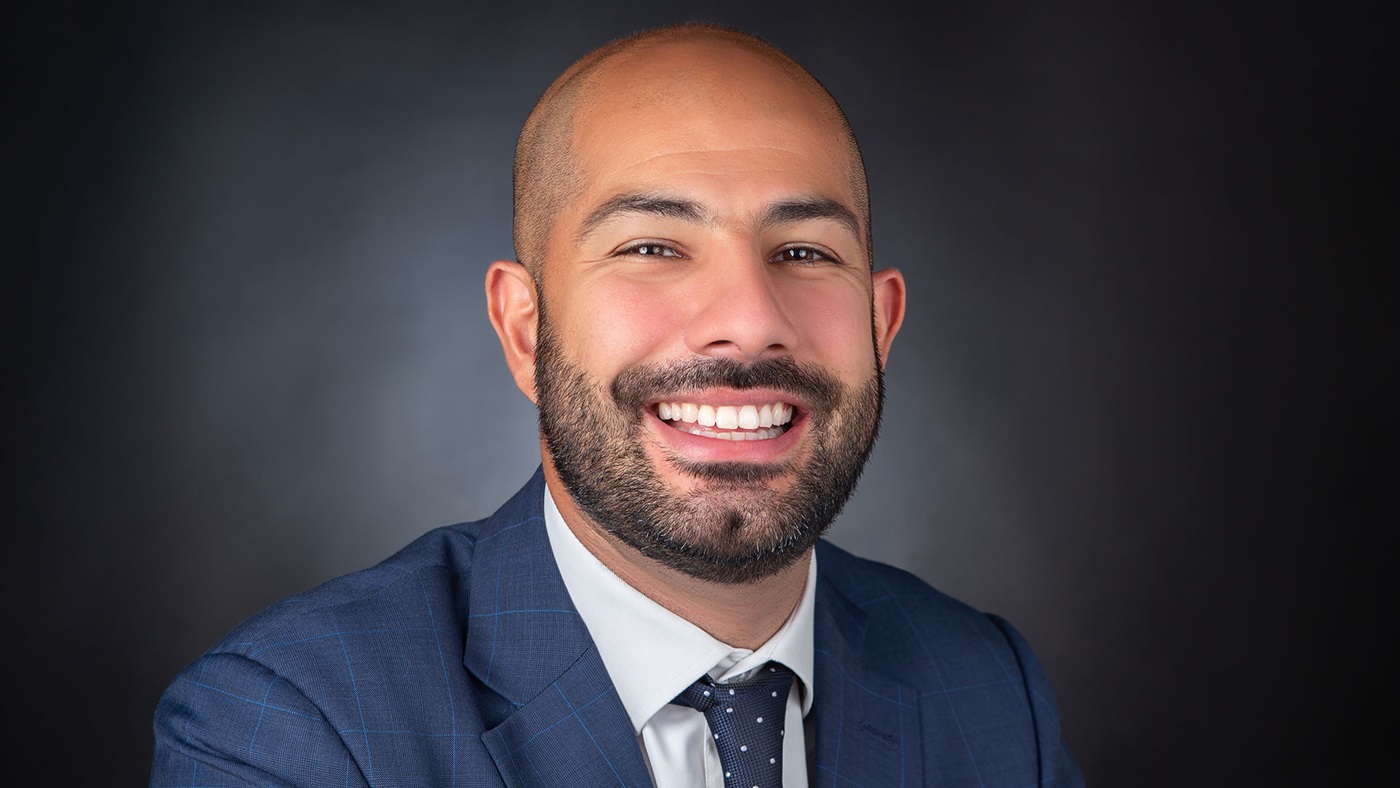
Photo of Roshun Tulkens, Mantrac Group.
Roshun Tulkens
Group Treasurer

Mantrac Group is the authorised dealer representative for seven brands, across 14 countries and three continents, distributing and supporting a comprehensive range of machines, engines, parts, services and solutions.
in partnership with

Mantrac’s UAE-based treasury team implements solution in 14 countries including ‘how-to guides’
The challenge
Mantrac’s treasury leadership team identified the following core goals for its treasury project:
- Payment automation and centralisation.
- Shared service centre set-up.
- Digital efficiencies and robust governance processes.
- Appropriate working capital facilities across all business at optimal costs.
- Standardisation of banks and reduction of bank pricing
- Trade processing centralisation.
- Several other products to optimally manage resources and working capital.
Mantrac treasury managed multiple online banking systems to access information and operate several accounts across the countries it operated in, resulting in time-consuming and inefficient processes. As a result, treasury management, based in the UAE, embarked on this initiative to increase centralisation of treasury activities, including cash management, trade and working capital facilities.
The solution
Mantrac worked to establish robust treasury governance processes with a complete review of its banking mandates and put in place a banking services request for proposal (RFP) process, renewable every three years across its 14 active markets in the Middle East, Africa and the UK. Through this project Mantrac has improved visibility and control of cash, lowered its costs, benefitted from economies of scale and enhanced returns on invested surplus cash. It also centralised trade processing via a shared service centre (SSC) set-up in Egypt, and successfully moved its payment processes to SWIFT and implemented a new treasury management system (TMS). The solution spans 14 countries: China, Djibouti, Egypt, Ghana, Iraq, Kenya, Liberia, Nigeria, Russia, Sierra Leone, Tanzania, Uganda, the UAE and the UK.
Best practice and innovation
The company has undertaken a significant investment in financial technology including both TMS and ERP systems as well as SWIFT implementation. To leverage this investment and move further towards centralisation and unification, Mantrac mandated its banks to implement cash management products across fourteen countries and 30 companies. Mantrac implemented various banking systems with the chosen banks and other banking partners drawing on an array of products which included: Direct SWIFT connectivity using their own BIC; IS2002 and MT101 for treasury and supplier payments; MT940/MT942 delivery via Swift FIN routes; full integration with ERP to support accounts payable requirements as well as required set-ups for TMS for risk and treasury management; centralised payments, efficient and flexible authorisation modes, and tools and successful centralisation of global trade processing from the CitiDirect® BE platform, as well as other trade platforms.
“Outside of the Group Treasurer, who was the project sponsor, nobody in the TMS implementation team had any prior experience in either using a TMS, let alone implementing one, yet the project delivered on time and on budget something which rarely happens on large scale projects. Training was conducted with over 100+ hours of training via Microsoft teams and the use of ‘how-to guides’,” explains Roshun Tulkens, Group Treasurer.
Key benefits
- Cost savings.
- Headcount savings.
- Process efficiencies.
- Increased automation.
- Risk mitigated.
- Improved visibility.
- Errors reduced.
- Number of banking partners/bank accounts reduced.
- Manual intervention reduced.
- Increased system connectivity.
- Future proof solution.
- Exceptional implementation (budget/time).
“Implementation was done almost entirely remotely, with very little travel to territories involved and all training, testing and building were done digitally. This is a fantastic achievement which involved 14 countries, seven hours of time zones and 140+ users,” recalls Tulkens.